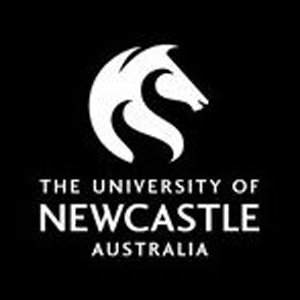Refine results
Level of study
Location
Study Mode
Field of study

Bachelor of Engineering (Honours)/Bachelor of Science
- Crawley
- 5 years full-time
- ATAR: 88 or above
Bachelor of Science (Physics) (Honours)
- Melbourne City | Also at 1 other campus
- 1 years full-time

Bachelor of Engineering (Honours) / Bachelor of Philosophy (Honours)
- Crawley
- 5.5 years full-time
- ATAR: 98 or above

Bachelor of Science and Bachelor of Engineering (Honours)
- Wallumattagal Campus Macquarie Park
- 5 years full-time
- ATAR: 80 or above

Bachelor of Engineering (Honours)/Bachelor of Commerce
- Crawley
- 5 years full-time
- ATAR: 88 or above
Bachelor of Engineering (Honours) / Bachelor of Science - Physics
- Wollongong
- 5.5 years full-time
- ATAR: 80 or above

Bachelor of Engineering (Honours)/Bachelor of Science
- Gardens Point
- 5 years full-time
- ATAR: 80 or above
Bachelor of Science/Bachelor of Engineering (Chemical Engineering) (Honours)
- Melbourne City
- 5 years full-time

Bachelor of Science / Bachelor of Engineering (Specialisation) with Honours in Engineering
- Hobart | Also at 1 other campus
- 5 years full-time
- ATAR: 80.6 or above

Bachelor of Mechanical Engineering (Honours) / Bachelor of Science
- Callaghan
- 5 years full-time
- ATAR: 77 or above